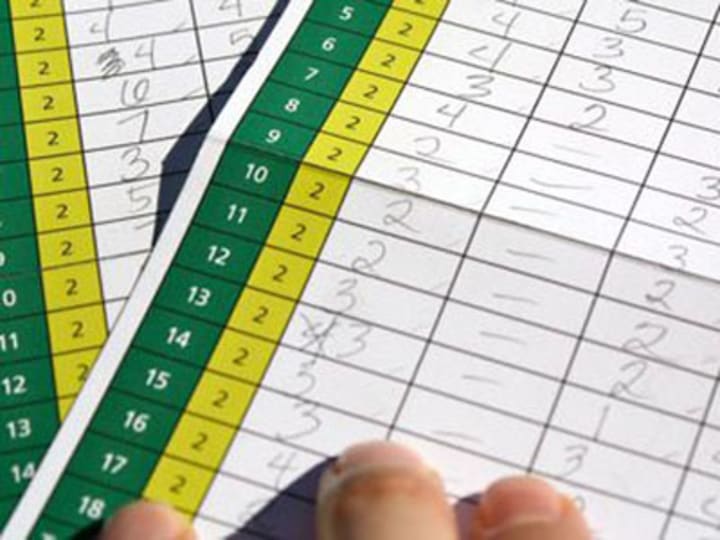
It’s report time for the G-8. The United Kingdom has just published the Lough Erne Accountability Report, reviewing the G-8’s delivery against its commitments. Our verdict? Must try harder.
Don’t get me wrong here, the Lough Erne report builds on previous years’ reports — covering all of the G-8’s commitments to date this time. It’s a valuable tool for holding leaders to account for their promises and step towards restoring faith in international commitments.
But it reports for the whole class and hides individual G-8 members’ performance — by reporting the G8 as a whole, those that are doing less well are sheltered from true accountability.
In water and sanitation, the G-8 gives itself a healthy pat on the back. The report highlights the importance of the Sanitation and Water for All partnership as a way of improving aid to water and sanitation and shows that G-8 countries have increased their aid to water and sanitation projects, including a 16 percent rise in 2011. But crucially, it fails to show how and where this money is being spent.
G-8 members have a mixed record on this front — they should be spending their money on the basic systems that the poorest need. But instead, the majority spend their money on large infrastructure.
For example, WaterAid’s Addressing the Shortfall report shows that less than 3 percent of France’s WASH aid goes to basic systems, same for the United States. Germany does a bit better with 17 percent. Japan has only 38 percent for basic systems, but is by far the biggest donor, so it gets a bit of a pass. The only notable exception is the United Kingdom, who is the class smart-alec with 81 percent of its water and sanitation aid going to basic systems.
Secondly, aid for water and sanitation is focused on the wrong countries. The top 10 recipients of WASH aid for each country reads like a Eurovision song contest scoresheet — full of political allies and strategic relationships. Twenty percent of U.S. WASH aid goes to Iraq, 12 percent of Germany’s goes to Turkey, and Egypt gets 10 percent of France’s aid.
And the countries with the highest need? Ivory Coast, null points. Mozambique, null points. Niger, null points. Nowhere to be seen in the top 10 recipients.
More than ever, aid must be focused on where it’s most needed — the poorest and most marginalized. Last week, British Prime Minister David Cameron and other leaders launched their U.N. high-level panel report which rightly called for the eradication of poverty by 2030 and for everyone, everywhere to have access to water and sanitation.
The United Kingdom should be applauded for its own efforts so far, but instead of just being the geek that does everyone else’s homework, David Cameron should use his leadership of the G-8 to push the message that aid money should first and foremost go to those who most desperately need it.
Join the Devex community and access more in-depth analysis, breaking news and business advice — and a host of other services — on international development, humanitarian aid and global health.
